Have you ever wondered if the air inside your home could make you sick? It's a valid question, especially when thinking about the hidden parts of your home, like air ducts.
Read Full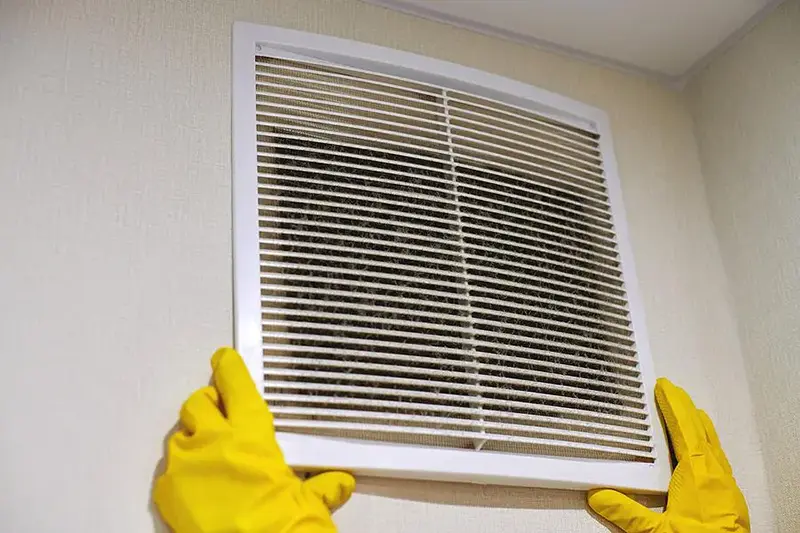
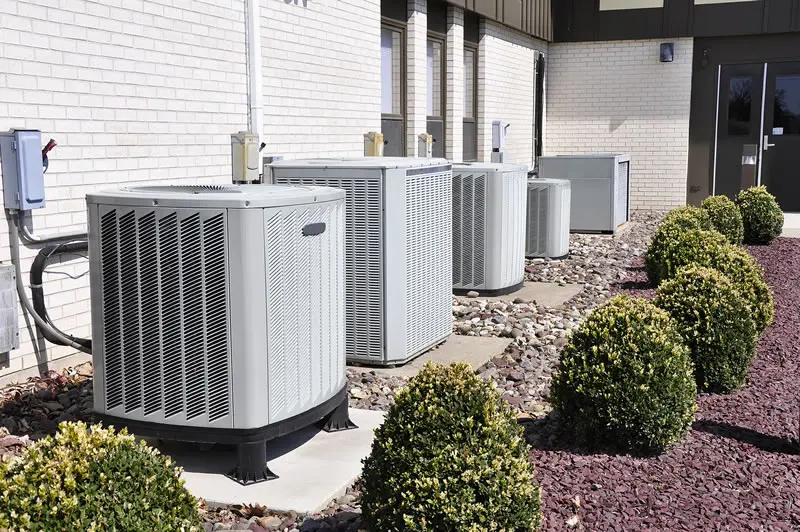
HVAC (Heating, Ventilation, and Air Conditioning) systems have come a long way since humans first sought shelter from nature. Zion Custom Air explores some of the main milestones in its history - from early innovations to cutting-edge technologies used by an HVAC company today.
Ancient civilizations began searching for comfortable shelters long before modern climate control techniques existed, testing various means of cooling and heating spaces. Early humans sought refuge in caves due to their natural cooling properties. At the same time, Egyptians used wet reeds on windows for evaporative cooling as an early attempt at temperature regulation in their home environments.
Greeks and Romans ingeniously adopted aqueducts for water delivery and heating or cooling an area. Meanwhile, Chinese artisans developed an early form of fan to generate temporary cooling airflows--similar to what ceiling fans do today.
Cooling towers quickly became part of architectural designs in regions with scorching climates like the Middle East to dispel hot air and introduce cooler air indoors. Victorian architects further contributed to air conditioning through innovative features like high ceilings, recessed windows, and spacious porches that increased indoor comfort.
Dr. John Gorrie of Florida had the vision and the invention skills to devise one of the earliest HVAC designs during the 1840s. Relying initially on ice as his cooling solution, Dr. Gorrie quickly recognized its impracticality and instead focused on artificial cooling solutions such as manual ice-making machines that received patent protection - unfortunately, due to financial support, his project needed more advancement.
Engineer Willis Carrier laid the groundwork for modern HVAC systems in 1902. While working for the Buffalo Forge Company, Carrier encountered a humidity issue at Sackett-Wilhelms Lithographing and Publishing Company in Brooklyn, where books and magazines began to wrinkle due to high humidity levels, necessitating a solution.
Carrier responded to this challenge by creating and patenting a device to control humidity using cooling coils. Not only was Carrier's work groundbreaking in its ability to regulate humidity, but it also led to advancements in temperature control - marking an incredible leap forward for HVAC technology development.
An important turning point for HVAC development was reached in 1904 when mechanical refrigeration was employed to cool the Missouri State Building during the St. Louis World's Fair. This event demonstrated comfort cooling for movie lovers who could now watch movies indoors during scorching summer nights! Theaters quickly adopted this technology, allowing moviegoers to enjoy indoor entertainment even during heat waves.
While comfort cooling was more accessible in commercial properties due to its relatively higher costs, residential areas often lacked access due to prohibitive price tags. H.H. Schultz and J.Q. Sherman changed that landscape with their ingenuity of an air conditioning unit that could be attached directly to windows - this innovation revolutionized indoor comfort!
As demand for efficient and comfortable indoor environments increased in the 20th century, HVAC technology advanced incredibly. Notable innovations during this period included:
As HVAC systems have become more widespread and energy-intensive, their increased use necessitated improved energy efficiency. Governments and organizations responded by developing standards to encourage eco-friendly and energy-efficient HVAC technologies; these standards have since played a crucial role in shaping industry growth while encouraging sustainable practices.
At Zion Custom Air, we take great pride in being your one-stop solution for all your HVAC needs. Our highly qualified technicians offer top-tier service, whether issued with your AC system or if you need air conditioning repair. Over many years in the industry, we have earned ourselves an impeccable reputation for delivering reliable AC repair services exceeding customer expectations.

Have you ever wondered if the air inside your home could make you sick? It's a valid question, especially when thinking about the hidden parts of your home, like air ducts.
Read Full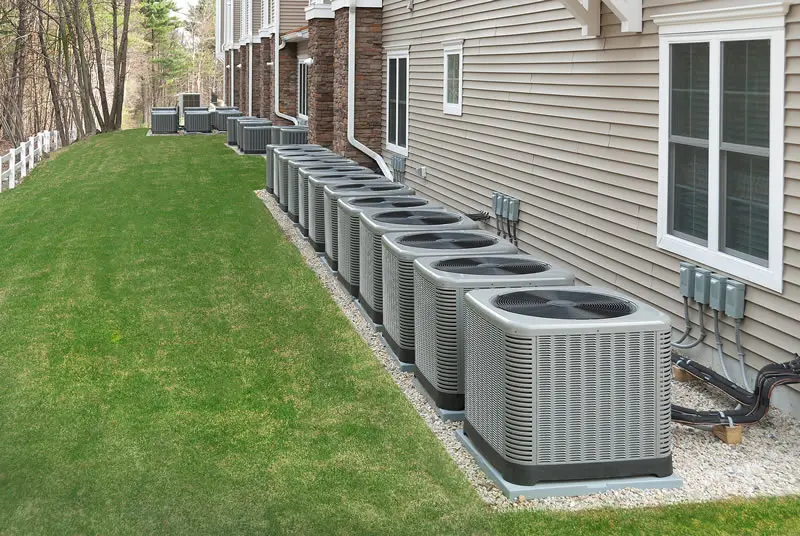
Finding ways to keep your home comfortable throughout the year can be difficult. Various solutions are available, but here, we will focus on two popular ones—heat pumps and
Read Full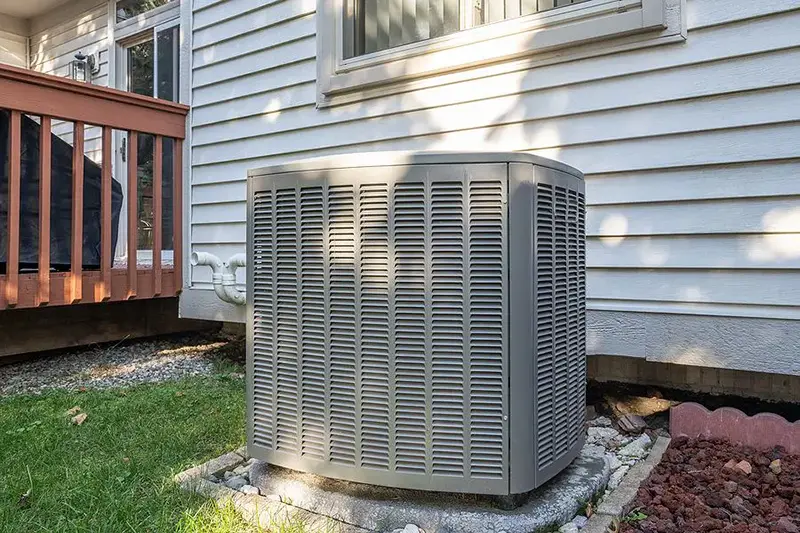
Finding an appropriate heating replacement and cooling system to keep your home comfortable can be challenging. Two popular choices are forced air systems and central air systems.
Read Full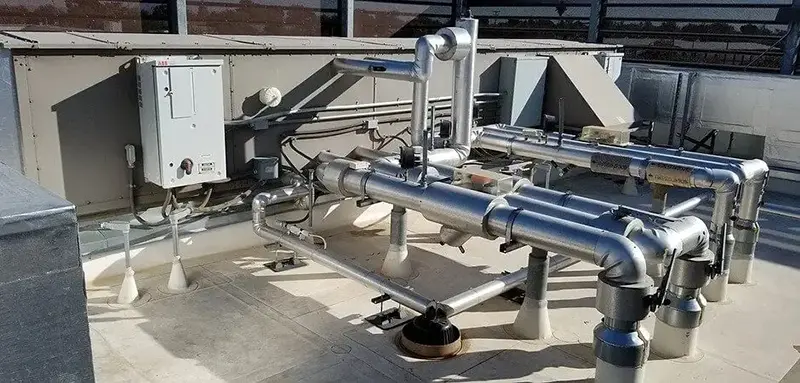
Finding the optimal heating design for your building is like selecting the ideal winter coat: It should fit comfortably, provide warmth without breaking the bank, and last through several
Read Full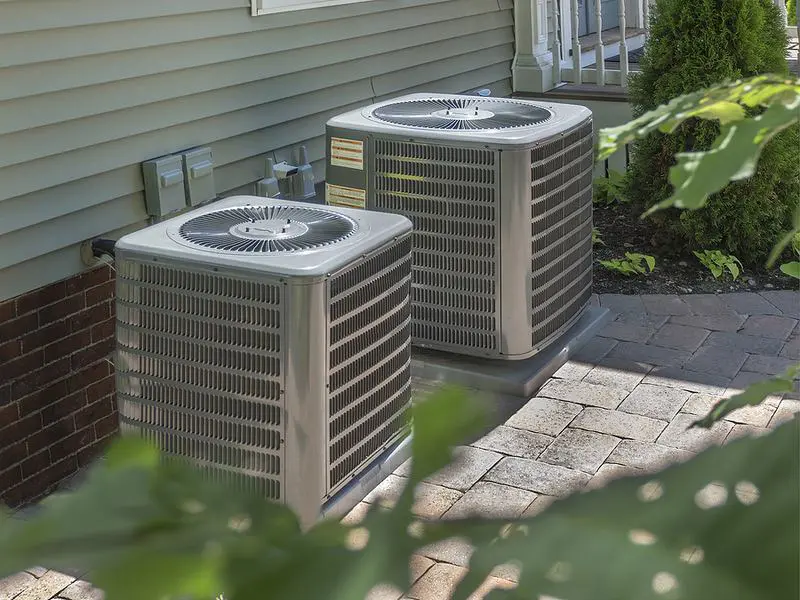
Heat pumps are like superheroes for our homes, keeping us cozy during winter and refreshing during summer. Unfortunately, even superheroes sometimes need help, so
Read Full18723 Via Princessa Ste 135, Santa Clarita 91321
661-361-3535Your local professional HVAC technicians. Schedule Heating & Cooling service today.
